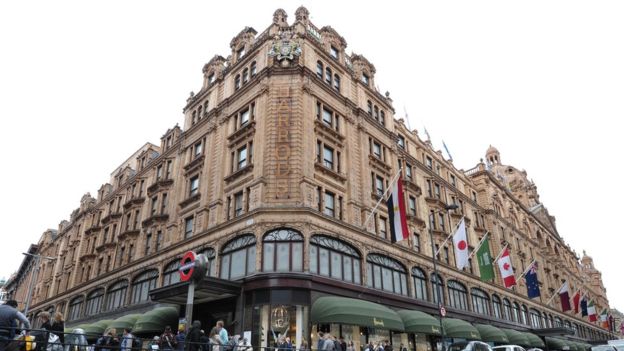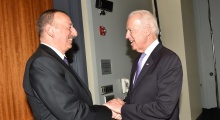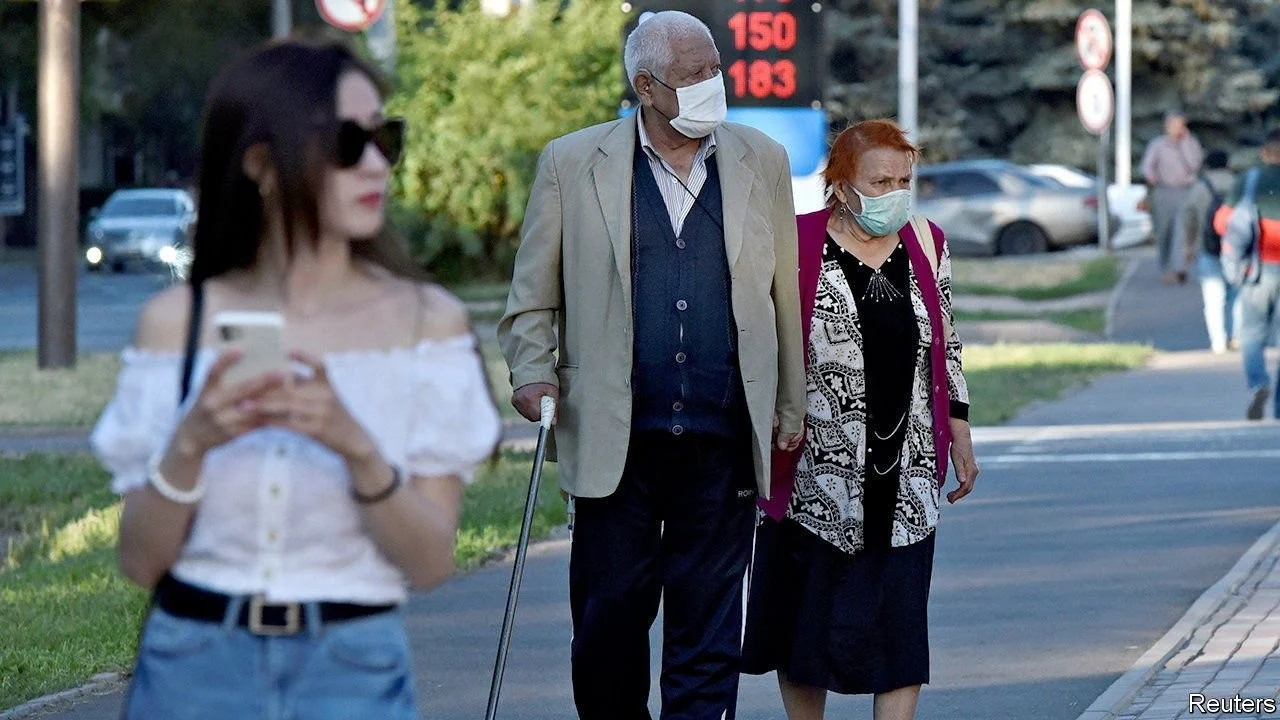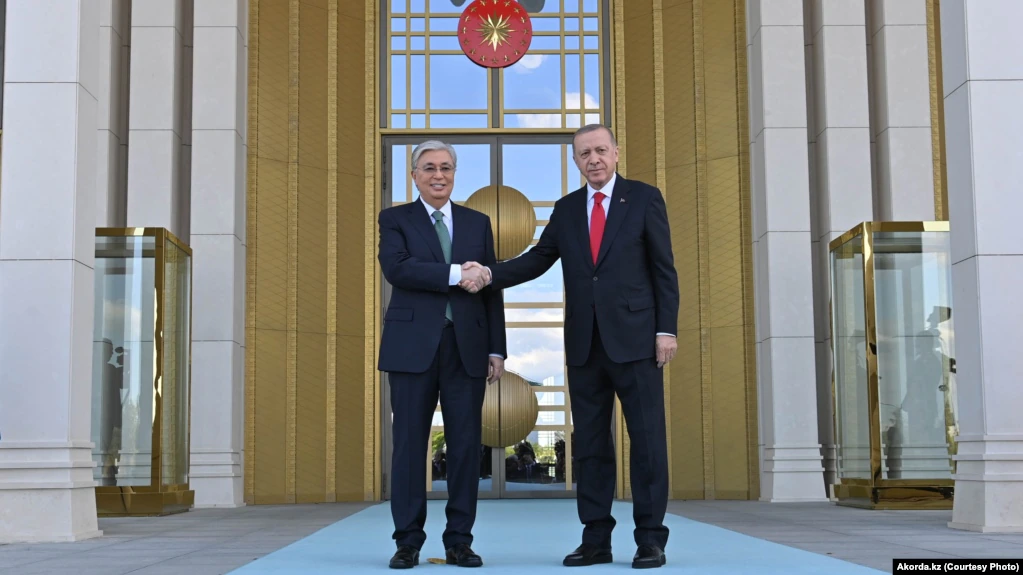 Failure by ‘Mrs A’ to explain source of wealth could result in civil proceedings to seize it
Failure by ‘Mrs A’ to explain source of wealth could result in civil proceedings to seize it
The wife of a foreign banker faces losing UK property worth millions of pounds unless she can explain the source of her wealth, following a judgment at the high court.
The woman, referred to in the judgment as “Mrs A” and cannot be named for legal reasons, was the subject of the UK’s first unexplained wealth order earlier this year following an application by the National Crime Agency.
Counsel for the NCA described the luxury lifestyle of Mrs A, who spent £16m at Harrods over 10 years, at a hearing before the high court in July. Her husband’s net worth was reported to be $72m.
The UWO was issued in respect of a property bought in 2009 for £11.5m via a company in the British Virgin Islands. A £7.5m mortgage was also taken out against the property from Barclays Suisse.
In 2015, while applying for indefinite leave to remain in the UK, Mrs A told the Home Office that she was the beneficial owner of the BVI company. However, regulators in the Caribbean tax haven told NCA investigators that the company’s true owner was Mrs A’s husband, Mr A, who also cannot be named for legal reasons.
For 14 years, Mr A was the chairman of a state-owned bank in a non-EEA country. He resigned in 2015 and was later accused of “misappropriation, abuse of office, large-scale fraud and embezzlement”, according to the judgment. He denied the charges but was convicted at trial and jailed.
The UWO was issued against Mrs A in Februarythis year, freezing the property and requiring her to explain how she had obtained the funds used to procure it. Failure to explain how the property was acquired could potentially result in civil proceedings being initiated to seize it.
Her appeal against the order was dismissed by Mr Justice Supperstone following Wednesday’s judgment. Her legal team has have seven days to appeal against the decision and apply for her anonymity to be extended.
UWOs were introduced into British law last year amid escalating concern that the UK housing market was being used for money-laundering.
The NCA has previously estimated that £90bn of criminal funds are laundered through the UK each year, with the London property sector being particularly vulnerable, and campaigners calling London “the money-laundering capital of the world”.
Donald Toon, the NCA director for economic crime, said: “I am very pleased that the court dismissed the respondent’s arguments today. This demonstrates that the NCA is absolutely right to ask probing questions about the funds used to purchase prime property.
“We will continue with this case and seek to quickly move others to the high court. We are determined to use the powers available to us to their fullest extent where we have concerns that we cannot determine legitimate sources of wealth.”
Duncan Hames, the director of policy at Transparency International UK, welcomed the ruling and applauded the court’s decision to hold the hearing in public.
“The UK has been long identified as a safe haven for corrupt money and despite successive governments recognising this, money-launderers have continued to hide their ill-gotten gains here,” he said.
“Only firm enforcement action, as initiated with this case, will make a reality of ministers’ ambitions to create a hostile environment for dirty money in the UK.”
Earlier this year, the government passed a law requiring offshore owners of British property to disclose their true identities to a central register or face jail sentences and unlimited fines.
The Guardian, 4 Oct 2018














